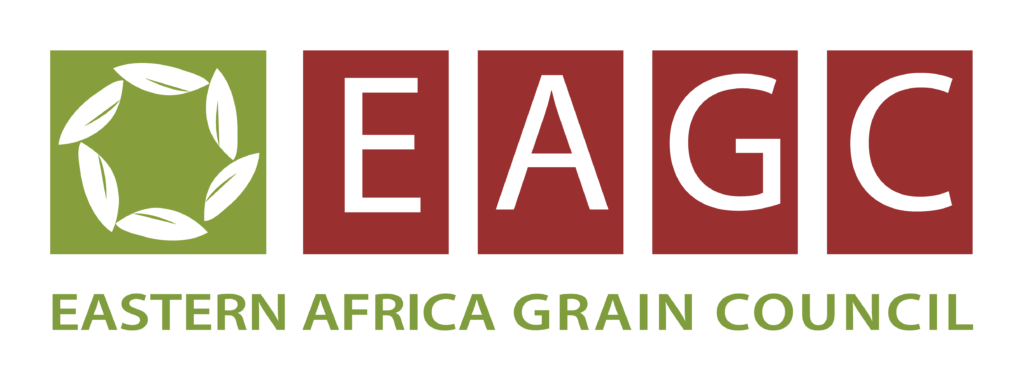EAGC is attending the East Africa Community (EAC) private sector consultative workshop on sensitization of EAC Common External Tariff (CET), held in Dar es Salaam Tanzania, on 17th -19th August, 2022. The workshop seeks to sensitize businesses from various sectors on the newly adopted EAC Common External Tariff (CET) and how to ensure its compliance.
The East African Community adopted a new Common External Tariff structure with effect from 1st July 2022 – 35% as the 4th Band of the EAC Common External Tariff (CET).
The CET regime is a trade instrument under the EAC Customs Union Protocol that dictates the import duty to be charged on goods originating from outside the East African Community. The new CET structure introduces the 4th tariff band of 35% import duty to provide additional protection for sectors and goods of which the Community is considered to have sufficient capacity. Some of the goods covered by the new 35% band include dairy and meat products, cereals, cotton and textiles, iron and steel, edible oils, and beverages and spirits.
Previous EAC statements have provided for a 3-band tariff structure – 0%, 10% and 25% for raw materials, intermediate goods and finished goods, respectively.
The new CET structure retains a Sensitive Items list which allocates higher import duty rates for some key grain commodities. For instance, maize and rice imports from outside the EAC attract 50% and 75% import duty respectively. However, wheat and pulses, which have previously been on the sensitive item list with 35% import duty, have now been moved to the new 4th tariff band. The implementation of the new CET tariff structure will also allow flexibility on EAC Partner States products that have been affected by the current global economic realities such global trade disruptions due to the Covid-19 pandemic.
EAGC will thereafter sensitize Members on the new EAC CET developments for awareness and effective compliance in their respective trading activities in the Community.

